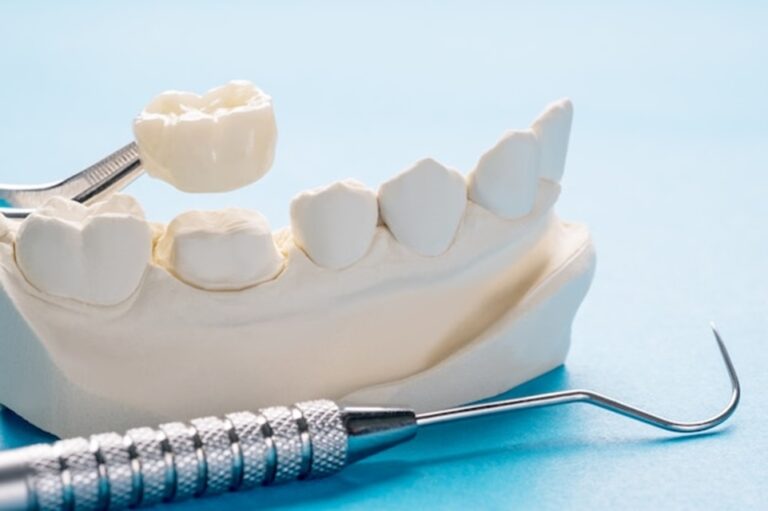
The Chlorinated Conundrum: Unmasking 5 Health Risks for Swimmers
If you’re a swimming enthusiast or even an occasional pool dipper, the familiar smell of chlorine might stir some pleasant emotions within you. We’ve often associated it with crisp, clean water, ready to provide a refreshing escape from the summer heat. However, lurking beneath these seemingly sparkling waters is a chlorinated problem that few know. Today, we’re removing the curtain and unmasking five health risks for swimmers directly related to chlorine.
1. Skin Irritation and Dermatological Problems
In the swimmer’s world, there is a ubiquitous yet underestimated nemesis – chlorine rash. This condition arises from prolonged exposure to chlorinated water, making the skin dry and itchy. It might start as a minor annoyance but can aggravate severe dermatitis if the exposure persists.
Protection and Prevention
The most effective way to safeguard your skin is by washing it off your skin with clean water before or after you go swimming. Decreasing the times that chlorine interacts with the skin. A good quality, waterproof sunscreen can also provide a protective layer.
2. Eye Irritation and Vision Problems
Ever experienced red, stinging eyes after a day at the pool? It’s because chlorinated waters can cause a lot of irritation to your eyes. This can lead to an eye condition called swimmer’s eye. Frequent exposure can even lead to long-term vision problems like blurry vision and sensitivity to light.
Protection and Prevention
Consider wearing well-fitted goggles every time you dive in. They not only protect your eyes from the damaging effects of chlorine, but they also increase your visibility in the water.
3. Respiratory Issues
Chlorine isn’t only an irritation to the eyes and skin. It can cause breathing problems. When you splash around, chlorine gasses release into the air. These are inhaled and can result in wheezing, coughing, or even asthma in extreme cases.
Protection and Prevention
Think about using a snorkel when you’re a keen swimmer and have a lot of time in the water. This device can help reduce the amount of chlorinated air you inhale.
4. Dental Erosion
A condition called ‘swimmer’s calculus’ might sound like a tricky math problem, but it’s a dental concern. The alteration in pH brought on by chlorinated water may cause hard, yellow plaque on your teeth that are hard to get rid of and may cause tooth decay.
Protection and Prevention
Maintaining good oral hygiene is essential. Brush and floss your teeth regularly, especially after swimming. Regular dental check-ups will also help in early detection and treatment.
5. Allergic Reactions
A few people may be more susceptible to chlorine than others, which can trigger allergic reactions like Eczema and hives. These reactions might not be immediate and can develop over time with regular exposure.
Protection and Prevention
If you suspect a chloride allergy, speak with a physician. They can run tests and prescribe treatments, helping you continue swimming without discomfort.
For us who love swimming, we must be conscious of these dangers and take action to minimize these risks. But, if you’ve reached a point where the care of your chlorinated swimming pool is excessively difficult, you have options.
Among them is pool removal. For various reasons, many pool owners have turned to Dallas Pool Demolition. The pool demolition experts here have extensive experience safely and efficiently turning pools back into clean slate. It’s a solution worth considering, whether you’re dealing with an unused pool, looking to free up space, or wanting to replace a chlorinated pool with a more natural option.


















